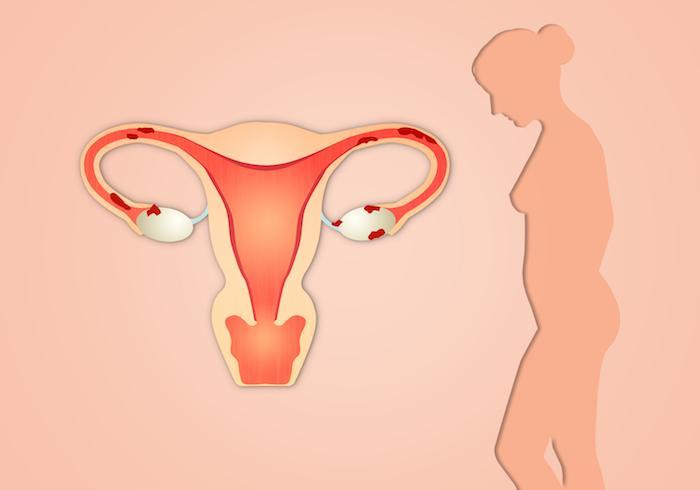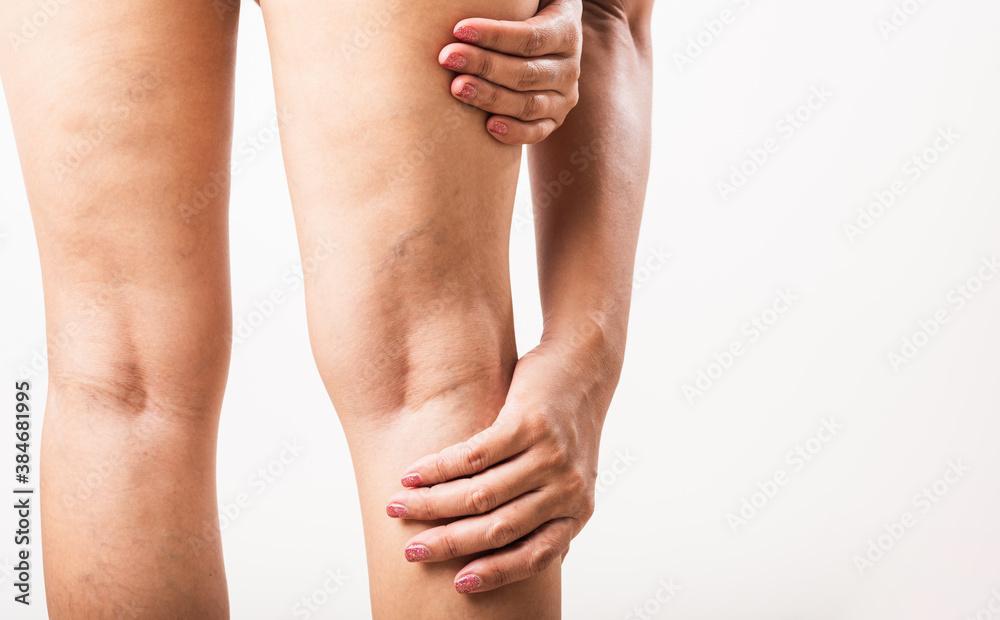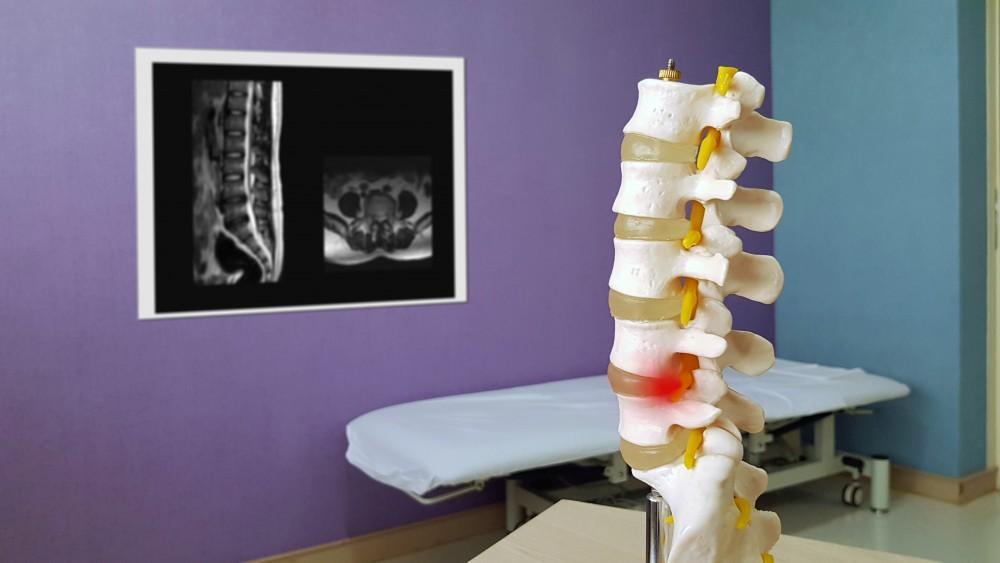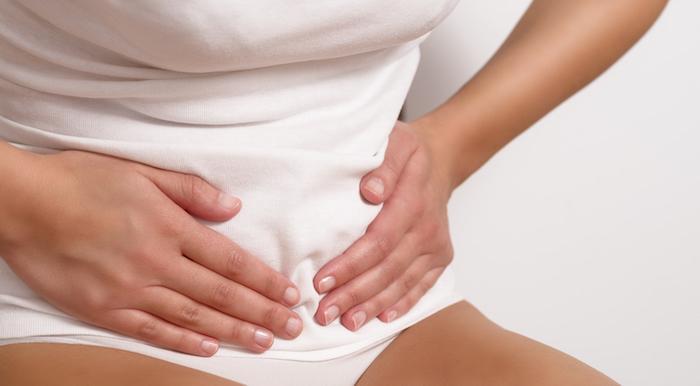
Myths and Facts About Fibroids That Every Woman Should Know

If you’re worried about fibroids, you’re not alone. Over 35 million American women struggle with these common uterine growths that range from teeny tiny to quite large. While fibroids are common, they’re also surrounded by many myths that can create fear and anxiety when you’re diagnosed.
Our team of fibroid experts at Alate Health in Houston, Texas, has the experience necessary to diagnose and treat these benign growths. And our compassionate providers want to put your mind at ease by dispelling common myths and giving you the facts about uterine fibroids.
Read on to learn the myths and facts about uterine fibroids that all women should understand!
MYTH: Fibroids increase my risk of cancer
Fibroids are growths of fibrous tissue that form tumors in the uterus. These muscular tumors come in all sizes, from the size of a seed to larger than a grapefruit and can grow in the uterine cavity, within the uterine wall, and even outside the uterus in some cases.
Although the word “tumor” connotes cancer for most of us, less than one in 1000 fibroids is cancerous. Having fibroids doesn’t increase your risk of developing uterine cancer or other forms of cancer.
MYTH: I’ll know I have fibroids because of the terrible symptoms
While it’s true that some women experience debilitating fibroid symptoms that interfere with their daily lives, every woman is different. Some women who have fibroids have no noticeable symptoms.
What’s more? Other symptoms overlap with different conditions, like lower back pain, constipation, frequent urination, troublesome periods and bleeding, and painful intercourse, making it essential to receive an evaluation by a trained specialist, like the team at Alate Health.
MYTH: Having fibroids means I can’t have children
If you’ve been trying to conceive but haven’t gotten pregnant, you might think uterine fibroids are to blame. And while it’s true that fibroids can contribute to infertility depending on their size and location in your uterus, only about 1-2% of fibroids affect your ability to conceive.
When fibroids affect fertility, the most common ways they interfere are through one of the following changes to your body:
- Blocking sperm from entering your uterus or limiting sperm motility
- Affecting the shape of your uterus, which can affect the space the embryo has to grow
- Blocking sperm access to your fallopian tubes
- Negatively affecting your blood circulation, making implantation challenging
MYTH: All fibroids require surgery
Many women believe that hysterectomy is the only solution available to treat fibroids, but that isn’t the case. For example, if your fibroids aren’t causing symptoms, you may not need any treatment.
Other treatment options for fibroids include over-the-counter pain relievers, prescription birth control to control bleeding and slow fibroid growth, and gonadotropin-releasing hormone agonists (GnRHa) medications to help fibroids shrink.
At Alate Health, we specialize in non-surgical uterine fibroid embolization (UFE). UFE is a minimally invasive procedure designed to shrink fibroids and alleviate disruptive symptoms. UFE is a safe and effective treatment that decreases blood flow to the fibroids, causing them to degenerate and decrease in size.
Are you ready to learn more about the myths and facts about fibroids? The specialists at Alate Health can help! Contact our Houston, Texas, office, or request an appointment online now!
You Might Also Enjoy...


I'm Nervous About My Upcoming VenaSealTM Procedure

Telehealth: The Advantages of Telemedicine

What Caused My Spinal Stenosis?

I'm Embarrassed About My Varicose Veins


